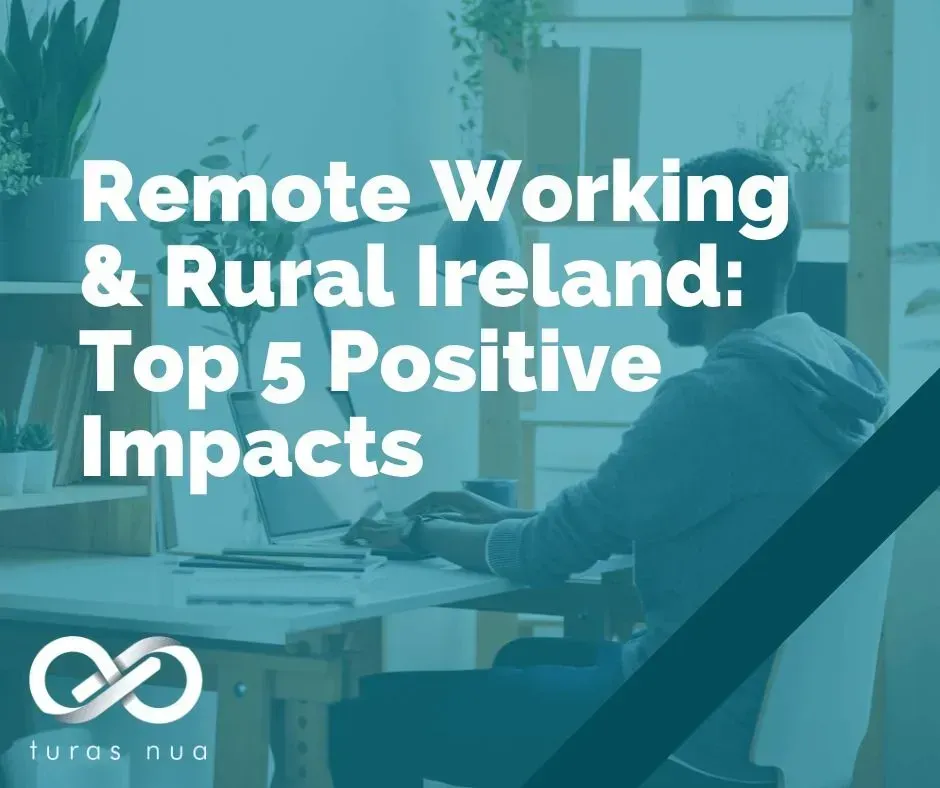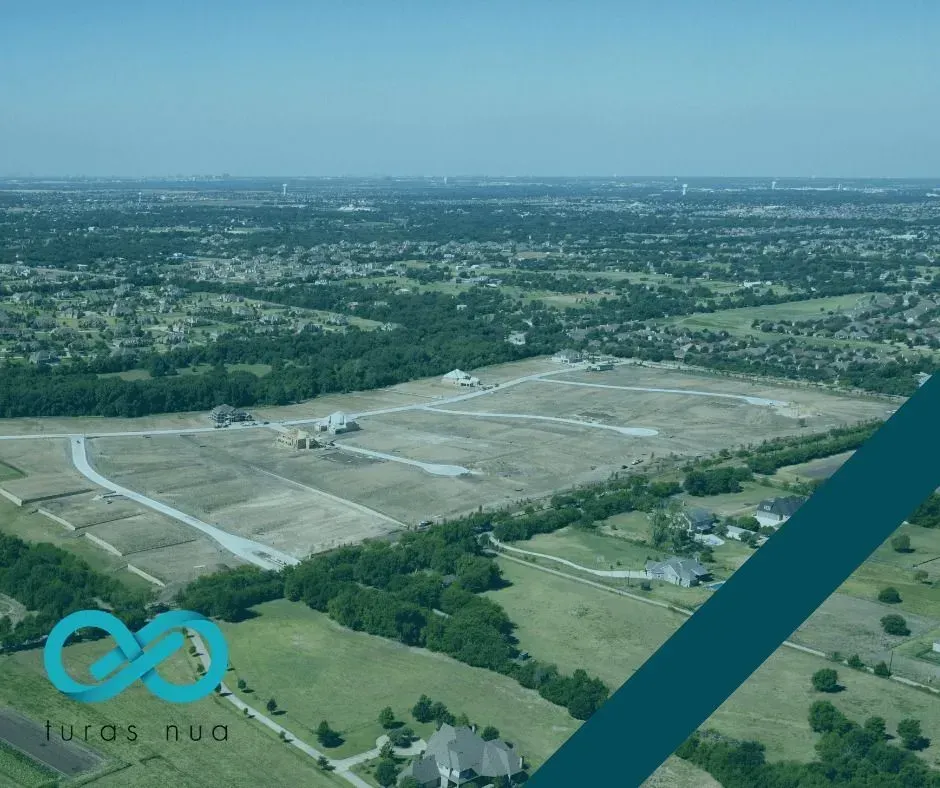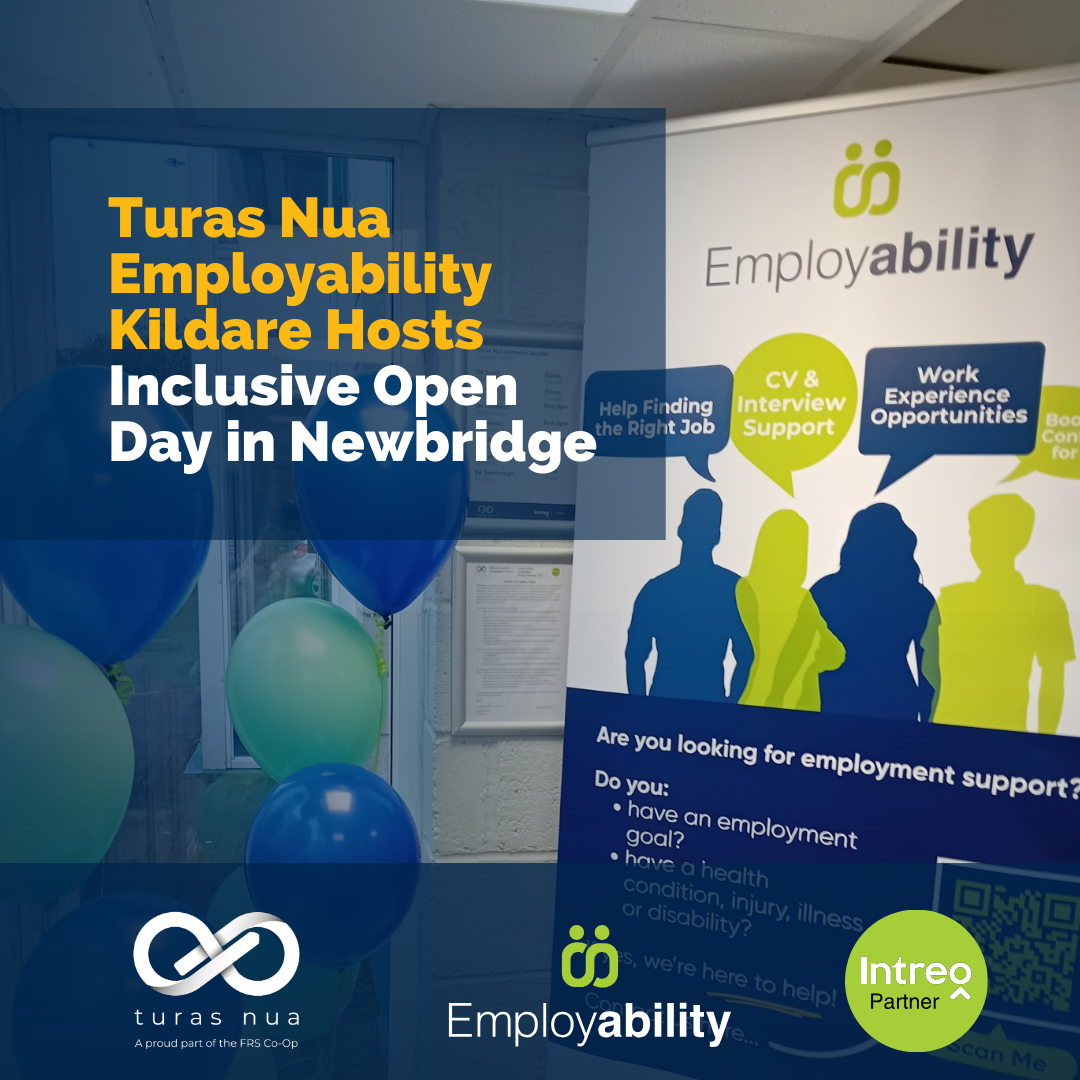Remote Working & Rural Ireland: Top 5 Positive Impacts
September 1, 2022

Remote Working & Rural Ireland: Top 5 Positive Impacts
Conversations about remote working are now commonplace. There are reported to be approximately 80,000 remote working jobs available to people right across the country. It’s a good time to reflect on how this has changed the way people think about work in Ireland, particularly workers living in remote and rural areas. While remote working has been the reality for some workers for a long time, the surge in remote working as a response to the pandemic has resulted in changes that may have otherwise adversely impacted our smaller towns and villages.
The last recession in Ireland hit our small towns the hardest. Rural areas also benefited the least from the slow recovery. Now, as we move towards the end of 2022, many are concerned with the rapid increase in the cost of living, which is on the rise right across Europe. Remote working presents an opportunity for Irish villages and towns to offset the type of decline experienced over a decade ago. Here, we will focus specifically on the Top 5 Positive Impacts remote working has on our rural communities across the country.

1. Community Development
Remote working has already seen positive knock-on effects on rural areas, with communities benefiting from an increase in potential customers, and a shift in focus to (re)developing rural communities. Workers who previously lived in Dublin and other cities and large towns are now also making the decision to move to rural areas, meaning there is now more opportunity for rural schools, shops, and restaurants, to thrive. In a recent interview with The Journal, John Evoy of Grow Remote hints at remote working becoming a "game changer for local towns in these uncertain times." More people are staying in the area means that they are also spending their money locally, rather than traveling out of the area to work. This has a positive impact on the local economy and is helping communities to grow stronger.
2. Digital Hubs
Remote working doesn’t always mean “working-from-home”. Indeed, not everyone has the space or the facilities to work where they live. There is an increasing number of digital hubs becoming available in villages and towns in Ireland. The Irish government has committed to improving access to these hubs, with a plan in place to promote remote working even more. These plans include:
- New voucher scheme to give remote workers free access to their local digital hub
- At least 10,000 hot desk facilities to be provided free of charge to existing hub users and those using the facilities for the first time
- €5 million investment under ‘Connected Hubs’ to improve 81 remote working facilities nationwide
- Local Authorities to each receive €50,000 in funding to promote remote working opportunities in their areas

3. Improved Quality of Life
Statistics indicate that those who work remotely have benefited with an improved quality of living. FRS Recruitment’s annual Employment Insights Report identifies changes in the Irish jobs market every year. The FRS Insights Report has surveyed the response of employees and employers to remote working since its surge in 2020. It shows us that, of those that work remotely, the biggest benefits are less time travelling, better work life balance, cost savings, more time with family, more time for fitness and wellbeing, and fewer distractions. Furthermore, 89% of remote working employees believed they were just as productive, or even more productive, than when working from an office. At home, many have the option of choosing ‘when’ they work, as well as an increasing number of remote workers who make their own decisions about ‘where’ they work too. The freedom of remote working enables employees who need flexibility in their lives more than ever before: parents who want to spend time with their children; people with elderly family members who live far away; or those whose jobs require them to travel frequently but only occasionally return home for short periods of time. Remote working also means no commute, meaning more time to focus on things that are important.

4. Cost Saving
The ability to work from home offsets the costs associated with having to travel to work. In addition, the increase in costs of products and services associated with urban centres is alleviated when living and working rurally. Those who have been able to relocate to a rural community often pay less for rental accommodation, while housing prices are also lower. The government’s recent Evaluation of the Impacts of Remote Working examines this in more detail. Employers can also benefit from relocating their business to a small town, with office spaces costing significantly less than the premium prices in urban areas.

5. Rural Infrastructure
Rural development is central to the government’s plans for the future of Ireland. The government’s investment in a National Broadband Plan will see further scope for workers to live and work remotely, with a commitment to connecting 44,000 small business, almost 700 schools, and 560,000 premises to a reliable, consistent broadband.
If you have any questions or need additional one-to-one support in preparing an interview plan for your next hiring campaign, contact our Employer Services team today. Click here to see how we can help or email us on recruitment@turasnua.ie











